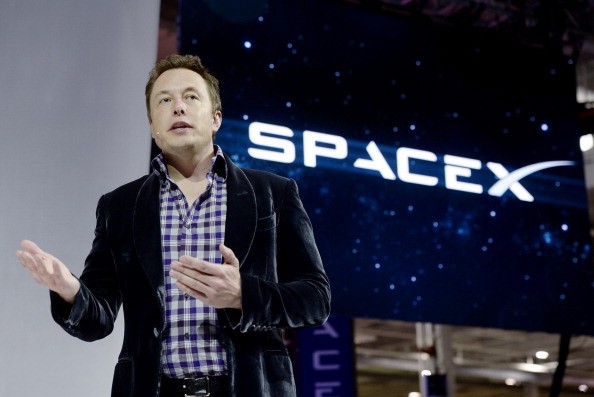SpaceX's Starlink internet speed test results show that it is getting slower than ever in the United States.
The latest Ookla speed tests have shown that the upload and download speeds of Starlink satellite internet are dwindling.
Are speed numbers really that bad? The Ookla second quarter 2022 report gives the specific median numbers for various aspects, including its latency speeds.

SpaceX's Starlink Internet Speed Test Results are Getting Slower
Elon Musk's broadband internet service, Starlink, seeks to offer low-latency connections to rural and remote areas across the world.
In fact, its website touts that it "delivers high-speed, low-latency internet to users all over the world."
However, the latest speed tests from Ookla users suggest that the performance of the internet service is getting a bit slower. Yet, it is worth noting that it still significantly tramples the speeds of fixed broadband internet in the US.
According to the latest report by ArsTechnica, the first and second quarter speed test results of Starlink show slower figures than the previous performance of the satellite internet service.
Starlink Median Download and Upload Speeds
For instance, its median download speeds dropped by roughly 28 Mbps, whereas its upload results show a slight 2.1 Mbps decline in the first two quarters of the year.
And as such, the download speeds of Starlink in the US now average 62.5 Mbps, which is remarkably lower than the previous median result of 90.6 Mbps. On the other hand, the upload speeds in the US fall off to 7.2 Mbps from 9.3 Mbps.
How About its Latency Performance?
While Starlink highlights speed and latency, its performance for the latter is pretty much getting slower as well. The median latency in the US is now down to 48 ms compared to its previous 43 ms result.
It is worth pointing out that latency numbers are better when they are lower, unlike in download and upload speeds.
An ideally low latency offers less delay in transmitting information, according to Cisco. It should let users experience smoother online gaming performance and fewer delays on Zoom video calls.
Arstechnica notes in its report that the website of Starlink tells its customers that they could expect about 20 to 40 ms of latency at best. So it goes to show that the latest Ookla results are beyond what the satellite broadband service promises its users.
Read Also : SpaceX Starlink August 2022 Launch: Falcon 9 to Have Its 7th Mission, Sending 46 Cubesats to Space
Here's Why
As per a news story by PC Gamer, Ookla says the slower Starlink speeds could be attributed to the growing users of the service. It looks like the network of SpaceX is getting congested in the US, thus poorer speed performance.
Elsewhere, the Airline speed of SpaceX has reached roughly 100 Mbps.
Related Article : SpaceX Starlink Internet Service Expands in Southeast Asia, Starting in the Philippines! NTC Gives Go Signal
This article is owned by Tech Times
Written by Teejay Boris




![Most Useful Google Chrome Keyboard Shortcuts You Need to Know to Improve Your Browsing Experience [2024]](https://d.techtimes.com/en/full/449047/most-useful-google-chrome-keyboard-shortcuts-you-need-know-improve-your-browsing-experience-2024.jpg?w=184&h=103&f=476d29fd60df70a67f6679f99a2ca6d0)